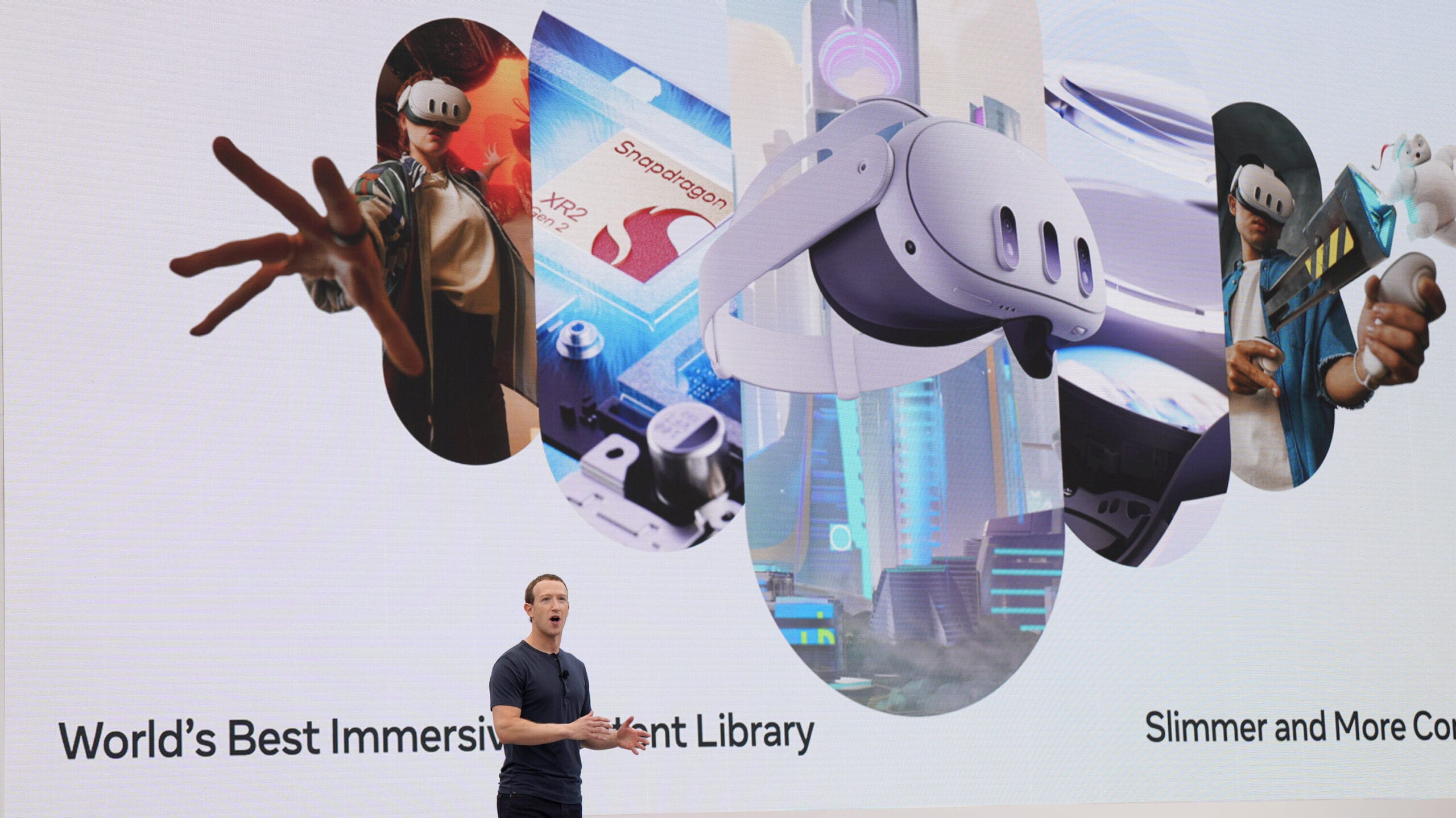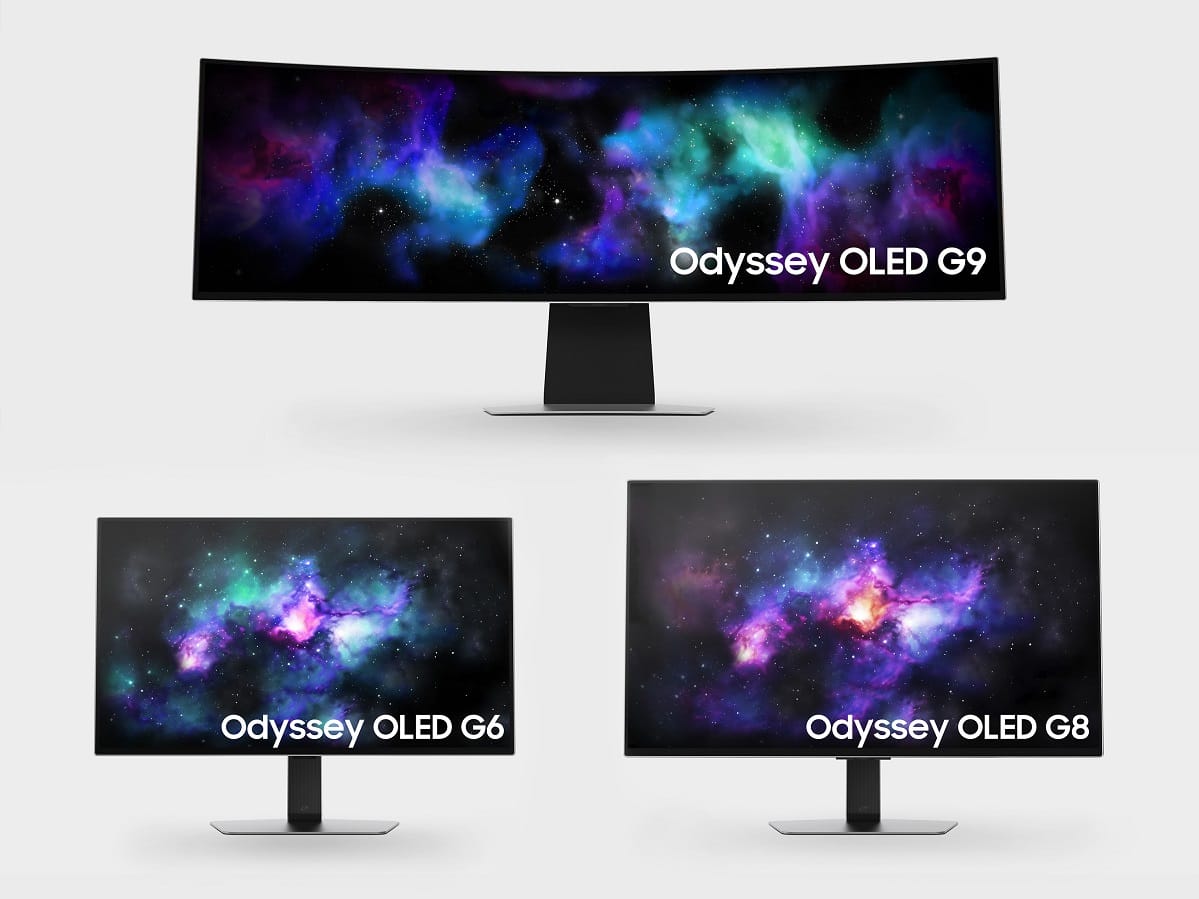In the rapidly evolving landscape of artificial intelligence, anticipation often runs high for the release of new models and innovations. However, the recent announcement from xAI regarding the delay of its next-generation AI model has raised eyebrows across the industry. This postponement not only affects xAI but also underscores a broader trend of delays and challenges faced by various companies in the AI sector.
xAI, founded by Elon Musk, has positioned itself as a key player in the development of advanced AI technologies. The company had initially planned to launch its next-generation model this quarter, aiming to set new benchmarks in performance and capabilities. However, the announcement of the delay has left many stakeholders, including developers, investors, and users, questioning the reasons behind this setback and its implications for the future of AI.
One of the primary factors contributing to the delay appears to be the increasing complexity of developing cutting-edge AI systems. As AI technology advances, the requirements for data, computational power, and algorithmic sophistication have escalated significantly. Companies like xAI are now tasked with not only meeting the current demands of the market but also anticipating future needs. This balancing act can lead to unforeseen challenges, resulting in project timelines being extended.
Additionally, the competitive landscape of AI development has intensified. With numerous companies vying for leadership in this space, the pressure to deliver superior products has never been greater. xAI’s decision to delay its model may reflect a strategic choice to ensure that the final product meets the high expectations set by both the market and its own previous releases. In an environment where first-mover advantage is crucial, taking the time to refine and enhance a product can be a double-edged sword.
The delay of xAI’s next-gen model also aligns with a noticeable trend across the technology sector, where many companies have faced similar challenges. The COVID-19 pandemic, for instance, has disrupted supply chains and shifted priorities, leading to delays in various projects. Moreover, the ongoing global semiconductor shortage has impacted the availability of critical components necessary for the development of AI systems. These external factors have compounded the difficulties faced by companies, leading to a domino effect of postponed launches.
Furthermore, the regulatory landscape surrounding AI is evolving rapidly. As governments and organizations around the world begin to implement stricter guidelines and ethical considerations regarding AI development and deployment, companies are increasingly finding themselves navigating a complex web of compliance requirements. This can lead to additional delays as organizations work to align their products with new standards and expectations.
Investor sentiment is another critical aspect to consider in light of xAI’s delay. The technology sector, particularly AI, has seen substantial investment over recent years, with stakeholders eager to capitalize on the potential of these innovations. However, delays in product launches can lead to uncertainty and volatility in stock prices and funding opportunities. xAI’s delay may prompt investors to reassess their positions and expectations regarding the company’s future performance, adding another layer of complexity to the situation.
The implications of this delay extend beyond xAI itself. As companies in the AI sector continue to grapple with similar challenges, the overall pace of innovation may be affected. While the development of AI technologies has historically been characterized by rapid advancements, the current environment suggests a potential slowdown in the introduction of new models and capabilities. This could have far-reaching effects on industries that rely heavily on AI, from healthcare to finance to transportation.
Despite these challenges, there remains a strong demand for AI solutions across various sectors. Organizations are increasingly looking to leverage AI to enhance efficiency, improve decision-making, and drive innovation. As such, the delay of xAI’s next-generation model may serve as a moment of reflection for the industry, prompting companies to reevaluate their strategies, timelines, and approaches to development.
In conclusion, xAI’s delay in launching its next-generation AI model is emblematic of a broader trend within the technology sector. As companies navigate the complexities of developing advanced AI systems, they face numerous challenges that can lead to postponed timelines. While this situation presents obstacles, it also offers an opportunity for organizations to focus on creating more robust and effective solutions that meet the evolving needs of the market. The coming months will be crucial for xAI and its competitors as they work to overcome these hurdles and deliver the innovations that stakeholders are eagerly awaiting.



